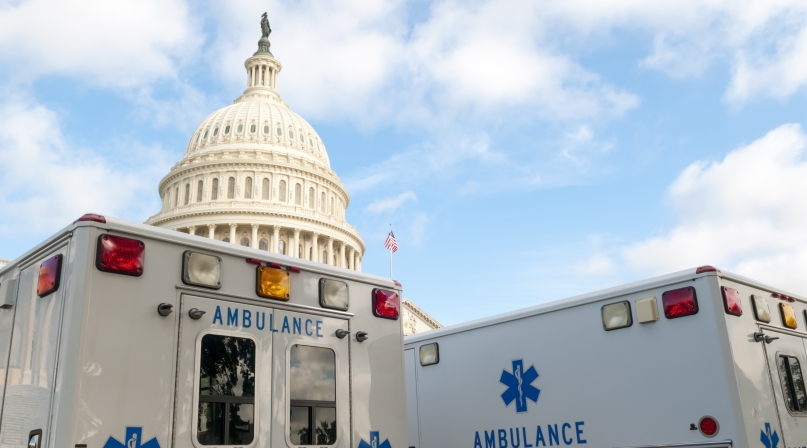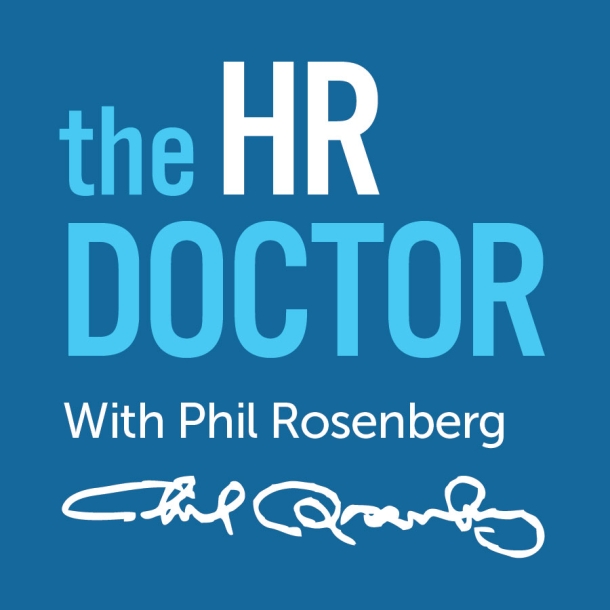Health Insurance Debates Can Make Us All Sick

Washington D.C. is again in gridlock. This gridlock, however, has nothing to do with crowding or traffic congestion. Nor is it temporary, such as when a presidential motorcade is passing by. This one is over the latest effort to figure out how to deal with healthcare.
The government appears not to know what it’s going to be when it grows up as it attempts to shape healthcare policy. The debate about “repeal and replace” features intense squabbles. There is the intense effort to avoid anything that remotely looks like a mandated single-payer government-regulated system, notwithstanding the fact that it is the working model in most “advanced” societies. The effort to figure this out at the federal level is linked to tax cuts and goals like eliminating mandates. There is also a clash between letting market forces in the private sector continue to operate healthcare versus an increased government role.
For many children, not to mention veterans and persons who are chronically ill or disabled, healthcare means frustration, delays, lack of access and reliance on the government-subsidized single-payer known as Medicaid. About half of all births are Medicaid-covered to cite one example of the great importance of this health care payer. Those who are wealthier and better-educated have other options for health care.
There is an area of critical importance which the HR Doctor has not seen in news reports. This silent element is also a matter of “law.” I do not mean the laws passed in Washington or in state capitals or city or county halls. Rather, the law I’m referring to is based in folklore but also in sound experience in many areas of our lives. This is the “Law of Unintended Consequences.”
Federal elected officials — and also very often the appointed ones — have a personal mandate to look good. They appear to have a mandate to represent their personal philosophies, which often includes short-term tactical fixes rather than long-term enduring solutions.
They do not take into account the unintended consequences of their actions, which unfold over time and make them wish they had not acted rashly or secretively.
Cutting the federal budget is wonderful, most would argue. Reducing the federal involvement in our day-to-day lives is good, most would argue. More personal choice and more responsibility for personal choices is a good thing, most would argue. These arguments fuel the ideologies behind the current debate. However, years from now if whatever is passed results in extraordinary harm to a huge number of people, the financial, human, and moral consequences are likely to far outstrip the loudly trumpeted savings anticipated. Rather it is local government — counties, cities and school boards — not even the increasingly confused state governments – that have the most day-to-day impact on how we live our lives.
It is local government that teaches children, responds to emergencies, maintains infrastructure, ensures water quality (Flint, Mich., notwithstanding) and properly disposes of our immense amounts of solid and liquid waste.
The law of the unintended consequences generated by federal actions or inactions has direct long-term and serious effects on local governments. Those effects should be recognized and placed at the center of the shouting and squabbling going on over the current healthcare efforts.
When massive cuts occur in healthcare support for the poor — especially those just beginning their lives and those watching the sun set on their lives — the problems don’t go away, even if the federal government pretends that they may. What results is a shift of responsibility and burdens to local governments and local taxpayers.
Federal representatives can proudly tout how they cut taxes, reduce mandates, drain swamps and save the nation and the world. Local emergency services will become the providers of acute healthcare intervention more than they do now, just as police now do with acute mental health behaviors.
Already strained local resources such as emergency rooms, hospitals and private practicing physicians will face massive financial “muggings” as a result of having to become responsible for health care for poor people – even more than they already are.
Fewer public hospitals will remain open in the country as local taxpayers refuse to continually pump more and more money into medical care for the poor. When that happens, as this author has seen in California in past decades, the sick and poor do not disappear. They either camp out in emergency rooms or don’t get the healthcare treatment they need.
The astronomical costs of using emergency rooms as personal doctors’ offices ends up being paid by all of us, even as federal officials argue for reelection because they tell us about the billions of dollars they have saved.
The healthcare bill in its various versions is a cost shift to local government.
Not only will our society substitute untrained providers of acute mental health services (i.e., police), but the number of homeless people and the number of people addicted to anything grows.
The huge costs of providing even very lean care for these growing populations of people in distress takes away from school funding and other critical needs.
When local government is faced with catastrophic no-win decision-making, such as how to pay for jails, law enforcement, indigent healthcare and other unfunded mandates, the only places where the funding can come from is increased local taxes or cuts in general funded operations (i.e., property taxes) such as parks and libraries. The quality of life diminishes for all.
Raise your hand out there local government elected officials. How many of you will vote for increased taxes? How many of you will vote for painful but better long-term choices versus how to win the next election?
Take it from someone who has written layoff letters to library employees, the result of that choice can literally make you sick — whether or not you have health insurance.
Attachments
Related News

Treasury proposes new privacy act records system for SLFRF and other federal assistance program data
Treasury proposes new database for the American Rescue Plan Act’s (ARPA) State and Local Fiscal Recovery Funds (SLFRF).


